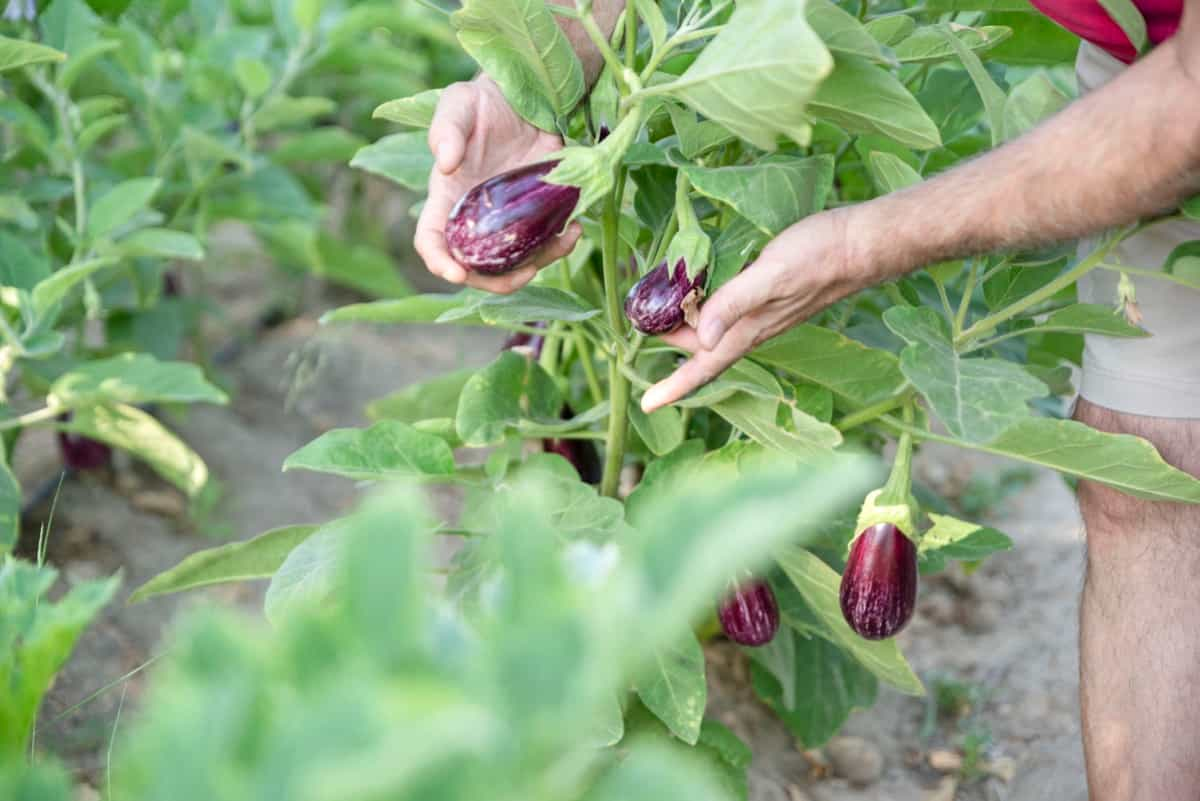Organic farming is a sustainable and profitable approach to agriculture, focusing on growing crops without synthetic inputs. This article provides a comprehensive guide to creating a business plan for an organic vegetable farming enterprise.

Organic Farming Business Plan for Horticulture
Understand the Organic Farming Industry
Organic farming, a growing sector in agriculture, emphasizes natural processes and sustainability. It involves cultivating crops without synthetic pesticides or genetically modified organisms, focusing on environmental balance and ecological harmony. The industry has gained popularity due to rising health and environmental concerns, leading to a surge in demand for organic products.
For entrepreneurs looking to create an organic farming business plan for vegetable crops, understanding this industry is crucial. It involves knowing the regulations, certification processes, and market trends. An effective business plan should also consider the potential organic farming business profit, which hinges on effective cost management and market positioning. Recognizing the challenges and opportunities in the organic sector is essential for success.
Identify Suitable Vegetable Crops for Organic Farming
Selecting the right vegetable crops is pivotal for a thriving organic farm. This choice depends on various factors like climate, soil type, water availability, and market demand. Some vegetables are more suited to organic cultivation due to their resilience to pests and diseases. Researching and selecting crops that align with your farm’s conditions and market preferences is key.
This step involves understanding each crop’s growth requirements and potential yield. A thoughtful selection of crops can significantly impact your farm’s productivity and profitability, making it a vital aspect of your organic farming business plan.
Market Research and Analysis for Organic Vegetable Crops
This involves understanding consumer preferences, market trends, and pricing strategies. Analyzing competitors, identifying potential customers, and determining the best channels for distribution are critical steps. This research helps in creating a targeted approach for selling your organic produce.
In case you missed it: How to Create an Organic Farming Business Plan for Vegetable Crops

Understanding the demand for specific organic vegetables and adapting your crop selection accordingly can enhance profitability. This analysis is a cornerstone of a vegetable farming business plan, ensuring that your products meet market needs and preferences.
Develop a Sustainable Crop Rotation Plan
A sustainable crop rotation plan is vital for maintaining soil health and preventing pest and disease outbreaks in organic farming. This plan involves systematically rotating different types of crops to balance nutrient usage and replenish soil fertility. It reduces the reliance on chemical inputs and enhances biodiversity. A well-planned crop rotation strategy is crucial for the long-term sustainability of an organic farm. It helps in maximizing yield while maintaining environmental balance, making it a key element of an organic farming setup and business plan.
Implement Soil Health Management Practices
Soil health is the foundation of successful organic farming. Implementing soil health management practices ensures the long-term fertility and productivity of the farm. This includes organic matter enrichment, proper irrigation, and natural fertilization techniques. Practices like composting, mulching, and using green manures contribute to soil health.
Maintaining a balance of microorganisms and nutrients in the soil is crucial for growing healthy, robust crops. Effective soil management practices are not only environmentally sustainable but also economically beneficial, forming an integral part of an organic farming business plan.
Utilize Organic Pest and Disease Control Methods
Organic farming relies on natural methods for pest and disease control, avoiding synthetic chemicals. This includes using biological control agents, such as beneficial insects, and adopting cultural practices like crop rotation and companion planting. Natural pesticides derived from plants or minerals can also be employed.
These methods are environmentally friendly and safe for consumers. Implementing effective organic pest and disease control strategies is essential for maintaining crop health and quality, directly impacting the profitability of an organic farming business.
Create a Comprehensive Marketing Strategy for Organic Vegetable Crops
A comprehensive marketing strategy is crucial for the success of an organic vegetable farming business. This involves branding, positioning, and promoting your products effectively. Utilizing digital platforms, participating in local farmers’ markets, and establishing connections with organic food stores are key strategies.
In case you missed it: How to Prevent Brinjal/Eggplant Fruit Rot Naturally: Best Ways to Control with Natural and Organic Treatment

Highlighting the positive health and environmental aspects of your organic products can appeal to consumers who prioritize health and sustainability. Tailoring your marketing efforts to target the right audience and building a strong brand presence is essential for achieving business growth and profitability in the competitive organic farming market.
Financial Plan and Budget for an Organic Farming Business
Creating a financial plan and budget is essential for the success of an organic farming business. This involves estimating costs related to land, equipment, seeds, organic fertilizers, labor, and certification. It’s important to forecast revenue based on crop yield and market prices. A detailed budget helps manage cash flow and secure funding or loans if needed.
It also aids in calculating the break-even point and potential profits, providing a clear picture of the financial viability of your organic farming setup. Regularly updating the financial plan as the business evolves is critical to adapting to market changes and managing financial risks effectively.
Establish Efficient Operations and Management Protocols
Efficient operations and management protocols are key to the success of an organic farming business. This involves setting up a structured workflow for planting, harvesting, processing, and distributing the crops. Effective management includes hiring skilled labor, implementing quality control measures, and ensuring compliance with organic certification standards.
Utilizing technology for inventory management, scheduling, and record-keeping can enhance efficiency. Establishing clear protocols helps minimize waste, reduce costs, and improve productivity, contributing significantly to the overall success of the business.
Monitor and Evaluate the Success of Your Organic Farming Business
Monitoring and evaluating the success of your organic farming business is crucial for its growth and sustainability. This involves tracking key performance indicators like crop yield, sales, customer satisfaction, and financial metrics. Regular evaluation helps identify areas for improvement and help make informed decisions.
In case you missed it: 10 Best August Flowers to Plant to Brighten Up Your Garden Yard

Gathering feedback from customers and staying updated with market trends is important for adapting your business strategy. Periodic assessment allows for the refinement of farming practices, marketing strategies, and business operations, ensuring the long-term success and profitability of your organic vegetable farming venture.
Conclusion
A well-structured business plan is crucial for the success of an organic farming venture. It encompasses understanding the industry, selecting suitable crops, financial planning, efficient operations, and continuous monitoring to ensure long-term sustainability and profitability.
- Feed Your Flock for Less: Top 10 Tips to Save on Chicken Feed
- Ultimate Guide to Ossabaw Island Hog: Breeding, Raising, Diet, and Care
- Hatching Answers: The Top 10 Reasons Your Chickens Aren’t Laying Eggs
- Eggs and Economics: Breaking Down the Cost of Raising Backyard Chickens
- Defend Your Greens: Proven Methods to Keep Iguanas Out of Your Garden
- Ultimate Guide to Cinnamon Queen Chicken: A Comprehensive Guide for Beginners
- Ultimate Guide to California Tan Chicken: Breeding, Raising, Diet, Egg-Production and Care
- Ultimate Guide to Marsh Daisy Chicken: Breeding, Raising, Diet, and Care
- 10 Types of Chicken Farming Businesses You Can Start for Profits